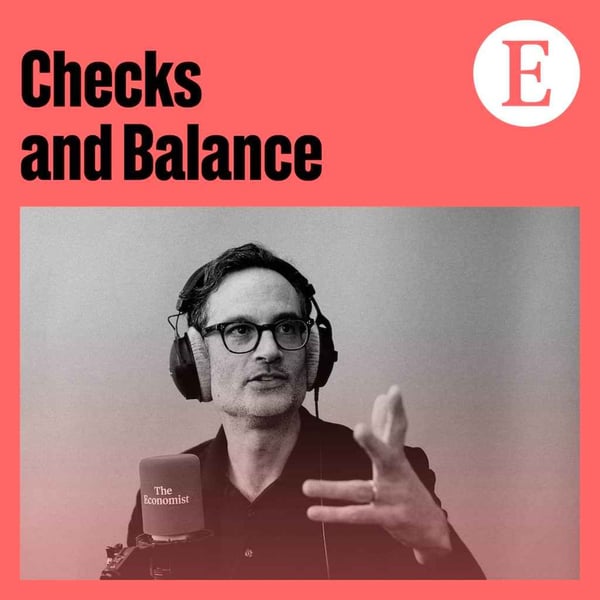Checks and Balance: What is critical race theory?
Checks and Balance from The Economist
The Economist
4.6 • 1.7K Ratings
🗓️ 15 July 2022
⏱️ 32 minutes
🧾️ Download transcript
Summary
The first episode of a three-part special series investigating the fight over what is taught in America’s public schools. Until recently, critical race theory (CRT) was a niche legal field encountered only by graduate students. It is now a catch-all term for whatever the right thinks is going wrong with America and a new front in the culture war alongside abortion and guns. The anti-CRT movement has become a powerful new social, legislative and political force in its own right. But what actually is critical race theory?
The Economist’s Tamara Gilkes Borr, a former public-school teacher, has spent months reporting on this issue. In this episode she speaks to Kimberlé Crenshaw, a professor at UCLA and Columbia law schools and one of the scholars who first developed critical race theory. She meets Christopher Rufo, the man who started the conservative furore over CRT. And she examines what the bans against the teaching of CRT in 17 states actually do.
You can listen to the rest of this special series in full via the Checks and Balance homepage and sign up to our weekly newsletter. For full access to print, digital and audio editions, as well as exclusive live events, subscribe to The Economist at economist.com/uspod.
Hosted on Acast. See acast.com/privacy for more information.
Transcript
Click on a timestamp to play from that location
| 0:00.0 | Hi, it's John here. We're going to do something a little different for the next few episodes |
| 0:05.0 | of checks and balance. And to explain why, I'm joined by Tamara Gilt's |
| 0:08.8 | Bohr, the economist's US policy correspondent, who's a familiar voice to listeners of |
| 0:12.8 | the podcast. |
| 0:13.8 | Hi, John. Hi, everybody. |
| 0:15.9 | So when I want to understand what's going on in education in America, Tamara is the |
| 0:20.2 | person I talk to. Number one, because she has a big brain, she also has a PhD in education |
| 0:25.2 | policy, but also because she used to be a public schools teacher in America. And normally, |
| 0:30.6 | Tamara, those conversations about things like how American schools can teach math better, |
| 0:35.6 | or how they can teach reading better, or do pupils do better in charter schools or |
| 0:39.6 | in traditional public schools. But I guess last summer, we started talking about what was |
| 0:44.7 | going on in American schools and American school boards. |
| 0:48.5 | Yeah, we definitely were. We were noticing that there was a ton of news about these really |
| 0:53.9 | frenzied school board meetings that were turning into these school board fights and people |
| 0:59.8 | were even getting punched in a face. Some were getting arrested. And we both just wanted |
| 1:04.3 | to know what was going on. Yes. And those scenes were quite a long way away from the experience |
| 1:08.9 | that you'd had as a teacher in your life before journalism and before academia, right? |
| 1:13.0 | Yeah, definitely. I think my first reaction was just what is going on? And then once |
| 1:19.6 | I realized that the thing that people were getting so angry about was this legal theory |
| 1:24.4 | called critical race theory, I found it almost laughable. We had a hard enough time teaching |
| 1:29.4 | our kids basic reading math and writing. How are we going to teach them a complicated |
| 1:34.4 | legal theory that I learned in graduate school? It just seemed really absurd at first. But |
... |
Please login to see the full transcript.
Disclaimer: The podcast and artwork embedded on this page are from The Economist, and are the property of its owner and not affiliated with or endorsed by Tapesearch.
Generated transcripts are the property of The Economist and are distributed freely under the Fair Use doctrine. Transcripts generated by Tapesearch are not guaranteed to be accurate.
Copyright © Tapesearch 2025.

